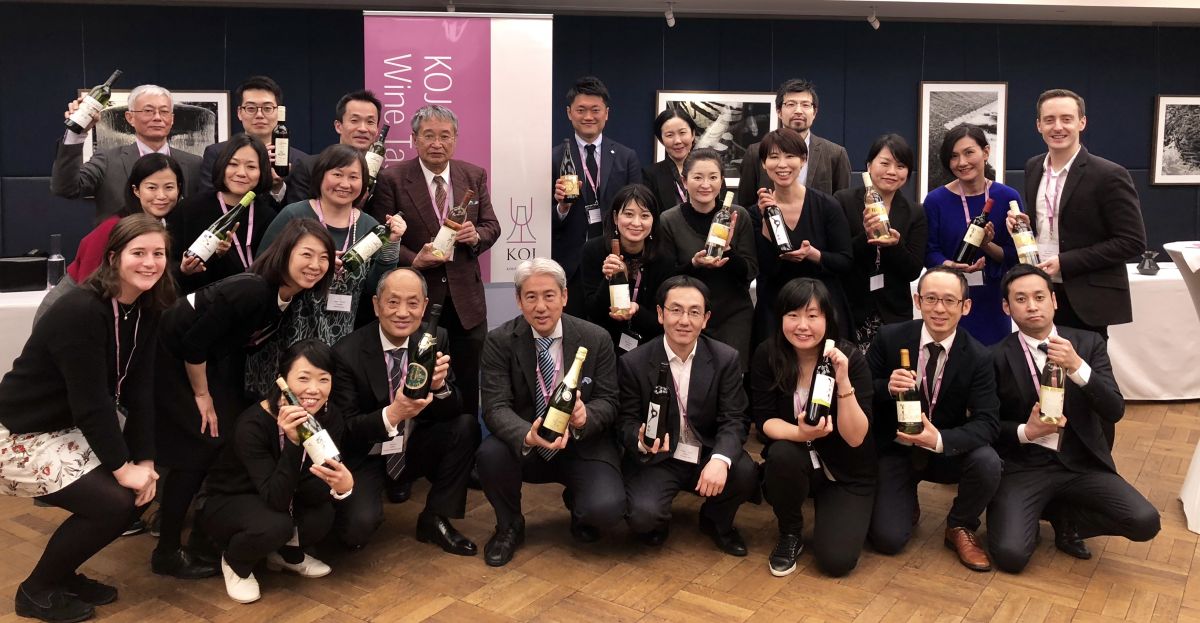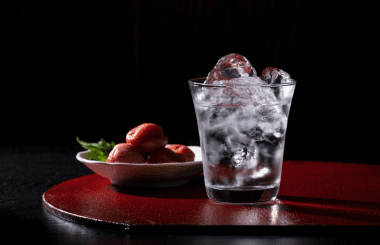Koshu wine on the rise
Nine Japanese wineries showcased their Koshu wines at a trade tasting in London last week. Laurel Bibby reports
“Koshu wines can stand amongst international grape varieties”, says Lynne Sherriff MW, European director of Koshu of Japan. The Master of Wine was speaking at the Koshu of Japan Trade Tasting, which welcomed around 100 guests in London last week.
An extensive range of wines from nine Japanese wineries were on show in the St James Room of 67 Pall Mall, including three IWSC medal winning wineries: Aruga Branca (Katsunuma Jyozo), a top Yamanashi producer of Koshu wine, mountain-based Tomi no Oka Winery, and Château Mercian, a pioneer brand of Japanese fine wine.
A unique grape variety, Koshu is native to Japan, where it has been used as a table grape for some 1300 years. It wasn’t until 130 or so years ago, however, that Koshu began to be used in winemaking, meaning that the variety is still young in its development in comparison to well-established varieties like chardonnay and sauvignon.
Grown primarily in Yamanashi Prefecture, the principal Koshu vineyards are in a similar geographic position to the vineyards of southern Spain and Italy – although much less Mediterranean in nature with minimal winter (but high summer) rainfall. Yamanashi’s soils are largely volcanic based with clay and gravel, and tend also to be acidic and fairly fertile.
The grape itself is large and pink with white juice, producing a fresh, delicate, and usually low-alcohol wine with balanced acidity and sometimes a touch of tannin. Koshu wine pairs well with oysters and sashimi, and is a natural accompaniment to soy and fish.
As well as tasting wines from the new 2017 vintage of Koshu, visitors to the tasting attended a master class hosted by Ronan Sayburn MS and Lynne Sherrif MW. The class included a blind tasting of 15 wines with both Koshu and a smaller selection of international grape varieties, including chardonnay and cabernet sauvignon.
While Japanese producers also produce wines from these older varieties, Koshu provides a unique selling point for Japanese wine, and is well sought after on the local market. With many different styles, and the popularity of lighter, fresher wines well on the rise, we can also expect to see more Koshu appearing on international wine lists in the coming years.
The IWSC 2018 is now OPEN - enter now to be in with a chance of winning a medal or trophy this year. For more information or expert help, email info@iwsc.net.



